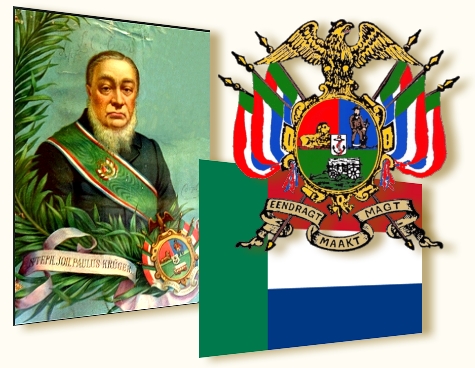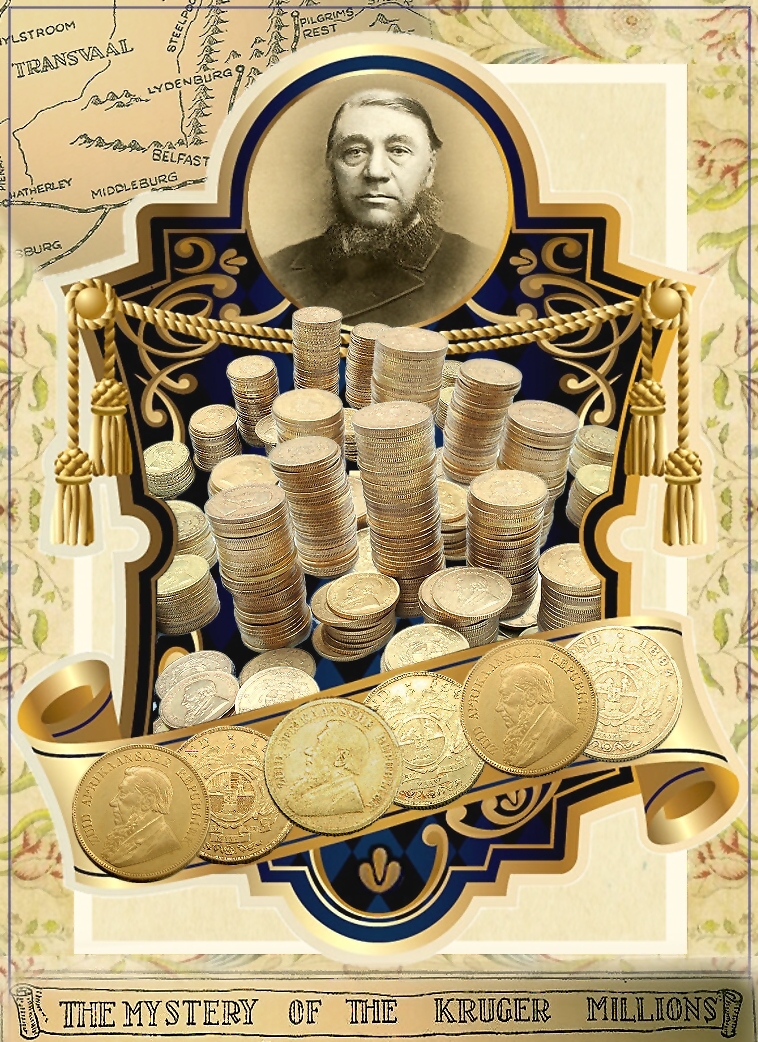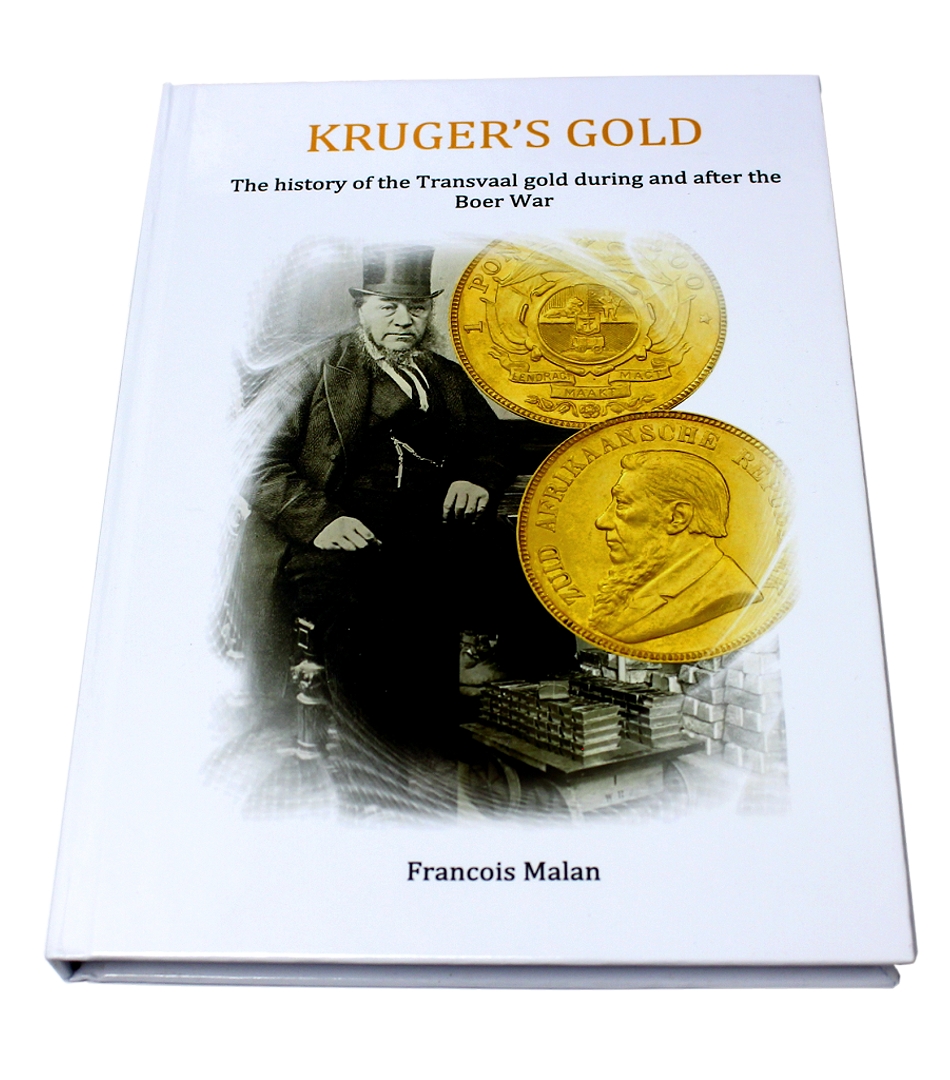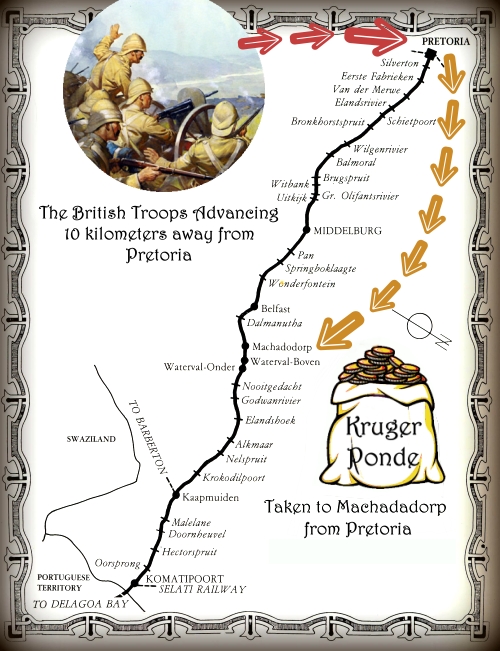1893 to 1898 Gold Historic ZAR Kruger Ponde and Half Ponde
 ref: 2023 01 20 THIS SPECIAL EXPIRES IN ONE WEEK ON 27th JANUARY 2023 FANTASTIC FRIDAY OFFERS
----------------------------------------------------------------------------------------
Actual coins and multiples where applicable - coin image may be generic where necessary
VIRTUALLY AT CURRENT GOLD VALUE OFFER BASED ON A FIRST COME FIRST SERVE BASIS
DETAILS: ZAR POND METAL: Gold 0.91667 Copper 0.0833 WEIGHT: 7.988 gram DIAMETER:22.00 mm THICKNESS:1.56 mm ZAR 1/2 POND METAL: Gold 0.91667 Copper 0.08333 WEIGHT: 3.994 gram DIAMETER:19.40 mm THICKNESS:1.55 mm ------------------------------------------------ DESCRIPTION: WHAT WAS HAPPENING IN PRETORIA - THE PLACE OF THE Z A R MINT IN 1900? WHAT WERE PRESIDENT PAUL KRUGERS PLANS FOR MOVING THE GOLD RESERVES, AT THE Z A R MINT, WITH THE THREAT OF THE RAPIDLY APPROACHING BRITISH TROOPS?
In answer - an extracted and translated account from the South African Afrikaans author D. W. KRUGER'S book On the Friday 1st June 1900, the Boer military leaders made their appearance, Generals Botha, De la Rey, Ben Viljoen and others. After their meeting that evening they decided to telegraphically notify President Paul Kruger that the war should be ended. President Steyn of the Freestate however decided that they should continue the war against the British invasion, even if the Transvaal wanted to make peace. This decision by the Freestate gave the generals in the Transvaal new courage, and they decided by the 4th June 1900 to pursue the war against the British. With their main charge of protecting and removing the ammunitions as well as money and the gold reserves, it was realized that it was only a matter of hours before the British troops would arrive in Pretoria, and that they would have to delay them. It was General J C Smuts's task to ensure that the Boer forces delay the British without question. Literally for days General Smuts tried to persuade the Director of the National Bank ( Die Staatsbank ) to hand over the money and gold reserves to the value of between £ 400 000 and £ 500 000, that belonged to the Republiek. When his pleas were unheaded, he issued a warrant of arrest, threatening legal prosecution. Eventually on the morning of the 4th June 1900, under the threat of prosecution, they agreed to hand the gold over. On a suggestion by General Botha, a further £ 25 000 that the bank was holding for necessary war provisions, was also removed. Once Smuts removed the gold reserves from the Staatsmunt, that was kept in the same building on Church Square in Pretoria, he put all the gold, under police presence, onto a special train. Midday, as the train was pulling out of the station heading east of Pretoria, the British bombs began exploding around the station as well as in the Sunnyside area. General J C Smuts acknowledged years later, in his reminiscing, that it was with great pride that he recalls the securing and removing of the R1 million ( half-miljoen pond ) in gold and coins out from underneath the noses of the British, who had £ 200 million in the British Treasury to fund the war. The young bookkeeper of the Mint, Eduard Meyer, who was of Swiss birth, played an important role in the removal of the gold from the mint as well. On the Saturday of the 2nd June 1900, just before the Mint was closing for the weekend, Meyer realized, to his surprise, that no preparations had been made for the removal of the gold and to get it to a place of safety before the British would arrive. When he asked the mint master Mr Perrin why no arrangement had been made, Perrin said that he had received no instructions, and that they would have to adapt themselves to the new regime. On Sunday they could hear the cannon fire of the British. By the 4th June 1900 there were skirmishes with the British at Sesmylspruit. The British takeover of Pretoria was eminent, when Meyer arrived at the Mint on the Monday morning around 7 am, as did Perrin and the mint employee P Callaghan. Usually the gold for minting would be handed out to the various departments. Perrin then instructed that the ovens be ignited and the gold weighed out as if it were just another day at the Mint. Just like on the Saturday Meyer did not want to argue the decision by Perrin the Mint master, so he waited until Perrin went home for breakfast, and then warned the smelter and the gold refiner not to place the gold for minting, but rather to wait for an instruction from General Smuts. Meyer felt that Perrin’s allegiance to the government was not questionable, but rather possibly, that he had accepted the mint would fall into the hands of the British. --------------------------------- TO RESERVE Call Marketing Now (011) 789-2233 or (011) 789 -2234Or email us by clicking on This email address is being protected from spambots. You need JavaScript enabled to view it. This offer expires on the27th January 2023- and/or subject to availability. E & OE - Subject to our terms and conditions. NB: Payment options we accept for this promotion are: Bank transfer (EFT). Or cash upon collection on these promotions. We are POPIA Compliant ------------------------------------------------
|






